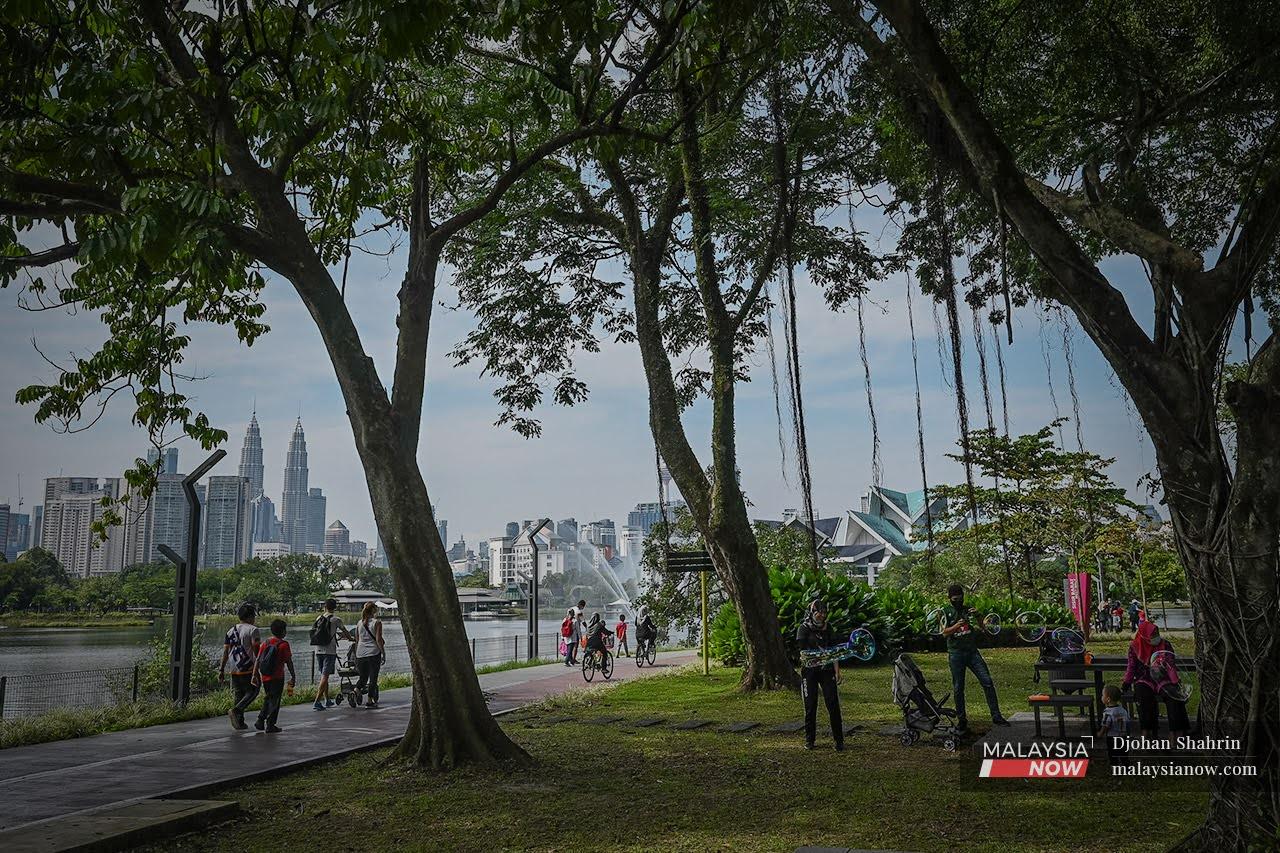Public health must always be prioritised but life has to go on
We must move forward in the direction that utilises scientific data to ensure the best balance between living the life we are used to and living the life we are forced to.
Just In
It’s been almost two years since Covid-19 was first detected. Since then, countries have closed up, completely ceasing international travel and tourism, and imposed movement restrictions while public health data has been the guiding hand in formulating policies for the protection of public health all across the world.
In that time, the human race has made great strides in the realms of data analysis, vaccine development and bridging the gap between governments and their peoples. However, in that time too, children have had vital growth years ripped away from them – according to Unicef, schools for more than 168 million children globally have been shut for more than a year. This has profound effects on their academic and social development which will undoubtedly impact an entire generation for decades.
As a father of two, the future of my children is scary and uncertain. Will my children ever lead a normal childhood let alone a normal life? Will they ever have normal friendships and develop close ties with their extended family? Will team sports ever be risk-free and will they be able to see the world as we have been able to all these years? Questions like these frequently keep me up at night.
With the thinking that classifying the pandemic as endemic is a more pragmatic solution than achieving herd immunity, we must come to terms with living with Covid. Countries like Singapore and the UK have shown that despite high vaccination rates, breakthrough infections still occur. Priorities must be shifted from managing the case count to managing severe illnesses and deaths. Booster vaccinations are key to ensuring success.
Living with the virus means that governments must have increased hospital and ICU capacity. This is to manage the inevitable flare-ups in infections as well as a precautionary measure if a new, more infectious and transmissible, variant emerges. Guidelines must be enforced at all levels of society in order to ensure a truly new normal is adapted.
Harm reduction is a concept which emphasises our new priorities. We must not close up. Our children are depending on us not to. Therefore, risk must be managed as it becomes increasingly apparent that it will not completely disappear. We must move forward in the direction that utilises scientific data to ensure the best balance between living the life we are used to and living the life we are forced to.
Yes, the risks are incredibly frightening, especially with cases of long Covid
coming to light. Its association with long-term cognitive dysfunction and acceleration of Alzheimer’s symptoms simply cannot be ignored. However, the risk of losing a larger part of our children’s vital development through educational and social interaction should be weighed as well.
I firmly believe that a lifestyle that has some semblance of normalcy can be achieved while adhering to social must-dos such as vaccination and masking, coupled with responsible ventilation of public premises – which could be a requirement enforced by public pressure, if not by policymakers. This will significantly reduce the risks associated with being outside the safety and comfort of our homes.
We must be pragmatic.
We may not be at the end of the tunnel, but we have reached the part of the
tunnel where the lights are on. Forge ahead everyone.
The views expressed in this article are those of the author(s) and do not necessarily reflect the position of MalaysiaNow.
Subscribe to our newsletter
To be updated with all the latest news and analyses daily.
